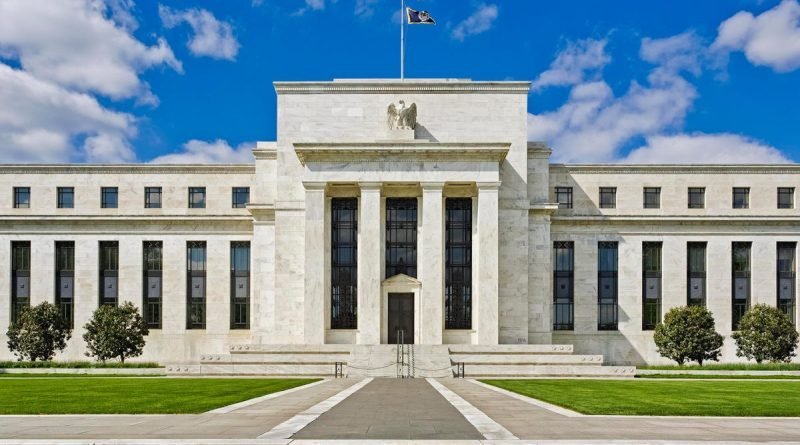FED raises interest rate by 0.25% amid global banking turmoil
FED raises interest rate by 0.25% amid global banking turmoil
The Federal Reserve raised its benchmark discount rates by a quarter of a percentage point Wednesday, signaling a willingness to suspend further increases in borrowing costs amid recent turmoil in financial markets caused by the collapse of two U.S. banks.
The benchmark discount rate for overnight deposits is set between 4.75 percent and 5.00 percent.
Due to the sudden bankruptcies of two major banks, Silicon Valley Bank (SVB) and Signature Bank this month, the Fed is no longer saying in its statement that further rate hikes are appropriate.
Three major U.S. stock indices rose immediately after the Fed announcement.
Traders were divided over whether the U.S. central bank would be forced to pause its rate hike cycle as U.S. authorities explore ways to bolster financial stability and also address the problems faced by another major bank, First Republic.
While the Federal Open Market Committee said in a statement that the U.S. banking system is “sound and resilient,” it also noted that the recent stress in the banking sector “will likely lead to tighter credit conditions for households and businesses and put pressure on economic activity, hiring and inflation.”
The Fed’s relentless raising of rates to curb inflation is one of the factors behind the biggest bank failures in the banking sector since the 2008 financial crisis.
The latest move to prevent regional bank stocks from falling came after Pacific Western Bank said it had raised $1.4 billion from investment firm Atlas SP Partners.
Shares of the bank, which has lost nearly 47 percent of its value this year, fell more than 10 percent in afternoon trading, even as the bank’s owners try to allay investor fears by claiming more than $11.4 billion in accounts as of March 20.
Less than two weeks after Silicon Valley Bank collapsed under the weight of bond losses due to rising interest rates, Man Group hedge fund CEO Luke Ellis said the market turmoil is not over and predicted further bank failures.
Experts stress that the situation is different from the crisis of 15 years ago, saying that banks are better capitalized and funds are more accessible.
The collapse of SVB marked the beginning of tumultuous events in the sector, which led to the takeover of Credit Suisse, Switzerland’s largest bank. It was acquired by its competitor UBS for $3.2 billion.
Although the deal brought some respite to bank stocks, First Republic remains in the spotlight. According to three sources familiar with the matter, the U.S. lender is looking for ways to cut costs if it can’t raise new capital. On Wednesday afternoon, First Republic shares were down 2.3 percent.
Conservative Republicans and progressive Democrats in the Senate introduced legislation to replace the Fed’s internal watchdog with a presidential appointee to tighten bank oversight after the collapse of SVB and Signature Bank.
You may be interested: Biden created two new national monuments: Avi Kwa Ame in Nevada and Kastner in Texas
